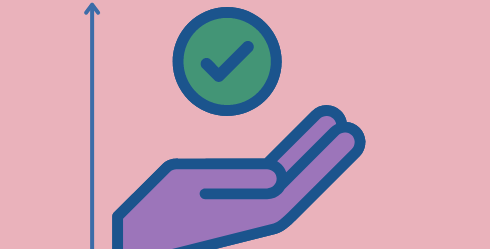Can a single supplement really sharpen memory, restore focus, and fight age-related cognitive decline? Synaptigen is marketed as a “neuroscience-backed” brain booster that claims to do all this and more. But with so many nootropic pills flooding the market, the question is: does Synaptigen actually live up to its bold promises, or is it another supplement riding the brain health hype?
In this review, I’ll break down what Synaptigen is, how it claims to work, the reality behind those claims, red flags you should know, and whether it’s worth your money.
Key Takeaways
- Synaptigen is promoted as a nootropic supplement for memory, focus, and brain protection.
- Claims are built around “clinically tested” ingredients, though no brand-specific trials exist.
- Customer feedback is mixed,… some users saw mild improvements, while others reported no noticeable effects.
- Marketing relies on urgency tactics and “doctor-recommended” language without independent verification.

What Is Synaptigen?
Synaptigen is a dietary supplement sold online, marketed as a cognitive enhancer. It typically contains a blend of herbal extracts, vitamins, and amino acids said to support neurotransmitter function, improve blood flow to the brain, and protect neurons from age-related damage. Advertisements often position it as a “natural alternative” to prescription memory drugs, with a strong emphasis on anti-aging benefits.
How It Claims to Work
According to promotional materials, Synaptigen works by:
- Rebuilding synaptic connections to restore memory recall.
- Boosting acetylcholine levels for sharper focus.
- Supporting cerebral blood flow and oxygen delivery.
- Offering antioxidant protection to slow brain aging.
These claims are appealing but remain general… they’re based more on what the individual ingredients might do than on proof that Synaptigen itself achieves these results.
Reality Check
While some ingredients commonly found in nootropic blends (such as ginkgo biloba, bacopa, or phosphatidylserine) do have limited research supporting cognitive benefits, the effectiveness of Synaptigen as a whole is unproven. There are no published clinical trials specific to this brand.
Customer reviews reflect this uncertainty. Some users report feeling more alert, but many others describe no real changes, even after weeks of use. Complaints about high pricing and recurring subscription charges are also common.
Red Flags to Consider
No Independent Clinical Trials
Despite marketing language suggesting “clinically proven” results, no peer-reviewed studies on Synaptigen exist.
Overstated Anti-Aging Promises
The brand heavily implies it can reverse cognitive decline or prevent dementia, claims not supported by science.
Aggressive Marketing Tactics
Websites selling Synaptigen often use countdown timers, “limited supply” alerts, and fake news-style advertorials to pressure quick purchases.
Recurring Billing Complaints
Several users mention being enrolled in auto-ship subscriptions that are difficult to cancel, leading to unexpected charges.
Does It Really Work?
At best, Synaptigen might provide mild cognitive support if it contains effective dosages of known nootropics. However, the lack of independent testing, exaggerated claims, and negative consumer experiences suggest it is unlikely to deliver the dramatic brain benefits it advertises.
Pricing
Synaptigen is typically sold online via official websites and affiliate funnels, often at $49–$79 per bottle, with multi-bottle bundles promoted as “best value.” Hidden subscriptions may raise the effective cost if customers don’t cancel in time.
Alternatives
- Qualia Mind – A premium nootropic with transparent ingredient lists and stronger consumer trust.
- Mind Lab Pro – Well-reviewed, evidence-backed formula with no hidden subscriptions.
- Lifestyle basics – Sleep, nutrition, and exercise remain the most proven ways to protect brain health.
What To Do If Scammed
If you’ve been charged unexpectedly or feel misled:
- Request cancellation and refund from the seller.
- If denied, file a chargeback with your bank or credit card provider.
- Report deceptive ads to the FTC or your local consumer protection agency.
Conclusion
Synaptigen positions itself as a breakthrough in memory and brain health, but the evidence doesn’t match the hype. With no independent trials, questionable marketing, and many reports of poor customer experience, it appears more like a supplement funnel than a science-backed solution.
Verdict: Approach with caution… safer, better-reviewed nootropics or lifestyle approaches are likely more effective and trustworthy.
Also Read – Vantrue N4 Pro Dash Cam: Is It Worth Its Price Tag? I Bought It and Here’s My Honest Review!
